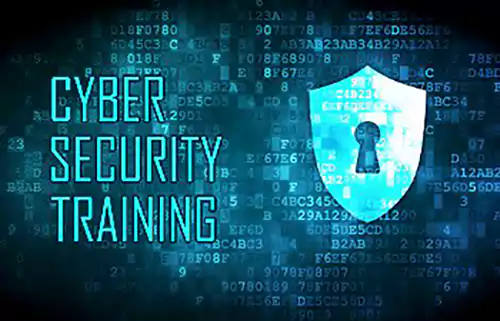Importance of Cybersecurity Training
In an era where digital threats are escalating in complexity and frequency, security training is not just beneficial—it’s imperative. Cybersecurity training equips individuals and organizations with the critical skills needed to protect sensitive data and systems from cyber attacks, which can lead to devastating financial and reputational damage. It fosters a culture of security awareness, ensuring that everyone from frontline employees to top executives understands the risks and how to mitigate them. As cyber threats become more sophisticated, the demand for well-trained security professionals skyrockets, making this training an invaluable investment in the resilience and integrity of our digital infrastructure.
Cybersecurity Training Course Outline
Total Duration: 10 Weeks
- Fundamentals of Cybersecurity (1 Week)
- Understanding cybersecurity and its importance
- The CIA triad: Confidentiality, Integrity, and Availability
- Identifying and Mitigating Risks (1 Week)
- Risk assessment and management
- Implementing security controls
- Threats and Vulnerabilities (2 Weeks)
- Types of cybersecurity threats
- Vulnerability and patch management
- Security Technologies and Best Practices (2 Weeks)
- Firewalls, IDS/IPS, and antivirus software
- Encryption and access control mechanisms
- Incident Response and Recovery (1 Week)
- Incident detection and response planning
- Disaster recovery and business continuity
- Legal and Ethical Aspects of Security (1 Week)
- Understanding compliance requirements
- Ethical hacking and responsible disclosure
- Hands-On Security Projects (2 Weeks)
- Applying learned skills to real-world scenarios
- Security audits and penetration testing
Expected Outcomes:
- Develop a strong foundation in cybersecurity principles and practices.
- Ability to identify and mitigate various cyber risks and vulnerabilities.
- Gain hands-on experience with security tools and incident response.
- Understand the legal and ethical considerations in cybersecurity.
- Be prepared to implement effective security measures and respond to incidents.


